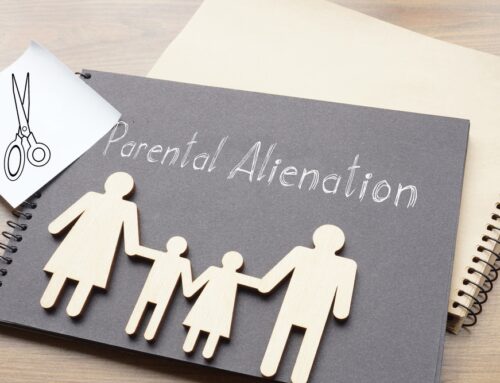There are many aspects to divorce and family law; arrangements for your children is just one of them. It can be an emotive and difficult time as divorcing parents struggle to reach an agreement. However, making the right arrangements for your child or children is vital. The term ‘child custody’ is now more commonly referred to as child residency, and indicates where the child’s main residence is after a divorce.
There are many options to think about when deciding what to do.
The Main Factors To Consider…
Of course, it can be difficult to put your own feelings to one side during a time such as this. In practice, the child’s best interests should be examined. In particular:
- The child’s wishes and feelings (this is especially true for older children);
- The child’s physical, emotional and educational needs;
- The child’s age and gender;
- Any harm or risk of harm;
- How capable each parent is of looking after the child.
What Are The Options?
There are a few different ways arrangements can be sorted. Here are the most common:
- The children remain with the parent who has taken the bigger role in looking after them, usually staying in the family home. The other parent pays child maintenance to help with costs, and has contact rights with the children.
- Residence is shared between the parents. Here, both parents share the role of parenting the child. The residence may not be equally shared, but both parents have equal responsibility.
- Rarely, one child would live with one parent and another with the other parent.
Usually, the best option is for both parents to retain parental responsibility, and for the decision to be reached amicably and supportively. This helps the children to settle into their new routine.
What Happens If A Decision Can’t Be Reached?
If the parents are unable to reach an amicable decision, then the court will step in to decide. This will be in the form of a Child Arrangement Order. In practice, though, these can be very difficult situations and it is hard for the court to compel the resident parent to do something while still acting in the best interests of the child.
Family Law: Child Custody Round Up
The best option for the children is almost always a friendly, supportive decision where access to both parents is available. It is often difficult to stick to strict arrangements, particularly when there are life changes – for example, a new partner, illness or a house move. Because of this, it works to have open communication and respect.
For various reasons, though, this isn’t always possible. This makes the process much more difficult and so you will want to make sure that you have a team on your side. At Beeston Shenton, our dedicated family law team can help you every step of the way and make sure that the situation is resolved in the best interests of your child. Contact our friendly team today.




